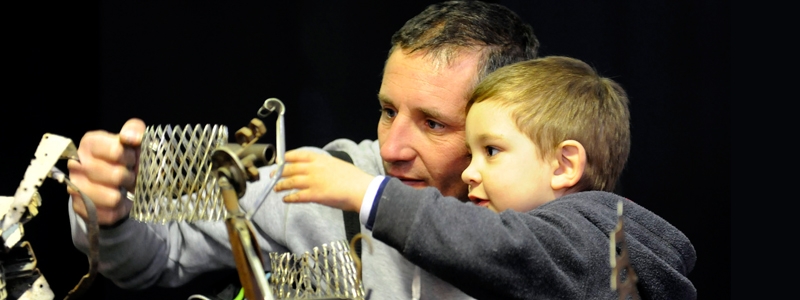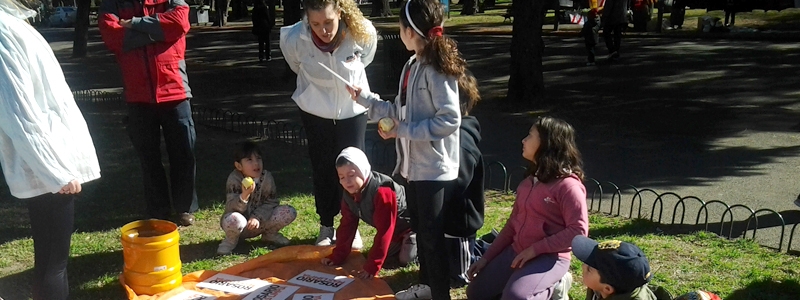Problem: The crisis in traditional education in many cities throughout the world, which brought about social exclusion, mainly in large urban centers, is the issue that is being addressed by this initiative. Rosário has been a member of the International Association of Educating Cities since 1996. Since 1990, this organization has been recognizing the educational experiences of these cities around the world. There are 470 cities distributed across 36 countries. Latin America is host to 60 cities spread across 12 countries, including Brazil, Argentina, Uruguay, Paraguay, Bolivia and Chile. The aim of the initiative is to develop local activities and exchange experiences to make these cities educational centers that promote social justice through the encouragement of communal coexistence, solidarity, respect of diversity, the recognition of equality and social integration.

Solutions: The city promoted urbanistic transformations and implemented various projects with the aim of creating public spaces where members of the community could interact. Changes were made to the public transportation system, parks were built and other areas were established where people could relax and enjoy cultural and sports activities. Priority was given to disenfranchised neighborhoods. The city began to develop mechanisms of social participation, strengthening neighborhood institutions, promoting a social economy and creating urban gardens, for example. It also began to promote recreational and educational activities that involve different age groups. Some examples include incentives for the use of bicycle routes and public bicycles; the promotion of work aimed at sexual diversity and health education, including the distribution of brochures that raise awareness regarding the prevention of smoking, the building of toys through the use of recyclable materials and the importance of separating and collecting recyclable materials.
Another important initiative was the adoption of a participative budgetary process, whereby citizens become involved in how public money is invested. The city also has projects that look to promote the involvement of children and young adults. Rosário created Children's Councils, where children are encouraged to make suggestions to the local government regarding what they would like to see happening in the city. There are also places in the city for the exclusive use of the children that live there, such as the "Granja da Infância", or "Childhood Farm", the "Ilha das Invenções", or "Island of Invention", and the "Jardim das Crianças", or "Children's Garden".

Outcomes: The programs and activities that focus on the education of all of the city's citizens increases the success of children in school and promotes their civic development throughout their lives. The city has become an open-air school for the community. This initiative has diminished class differences, strengthened the roots of democracy and has promoted well-being and sustainable development. Through the implementation of these programs, the city's population has begun to feel more responsible for the city itself, for political life and to the benefits of good citizenship.






